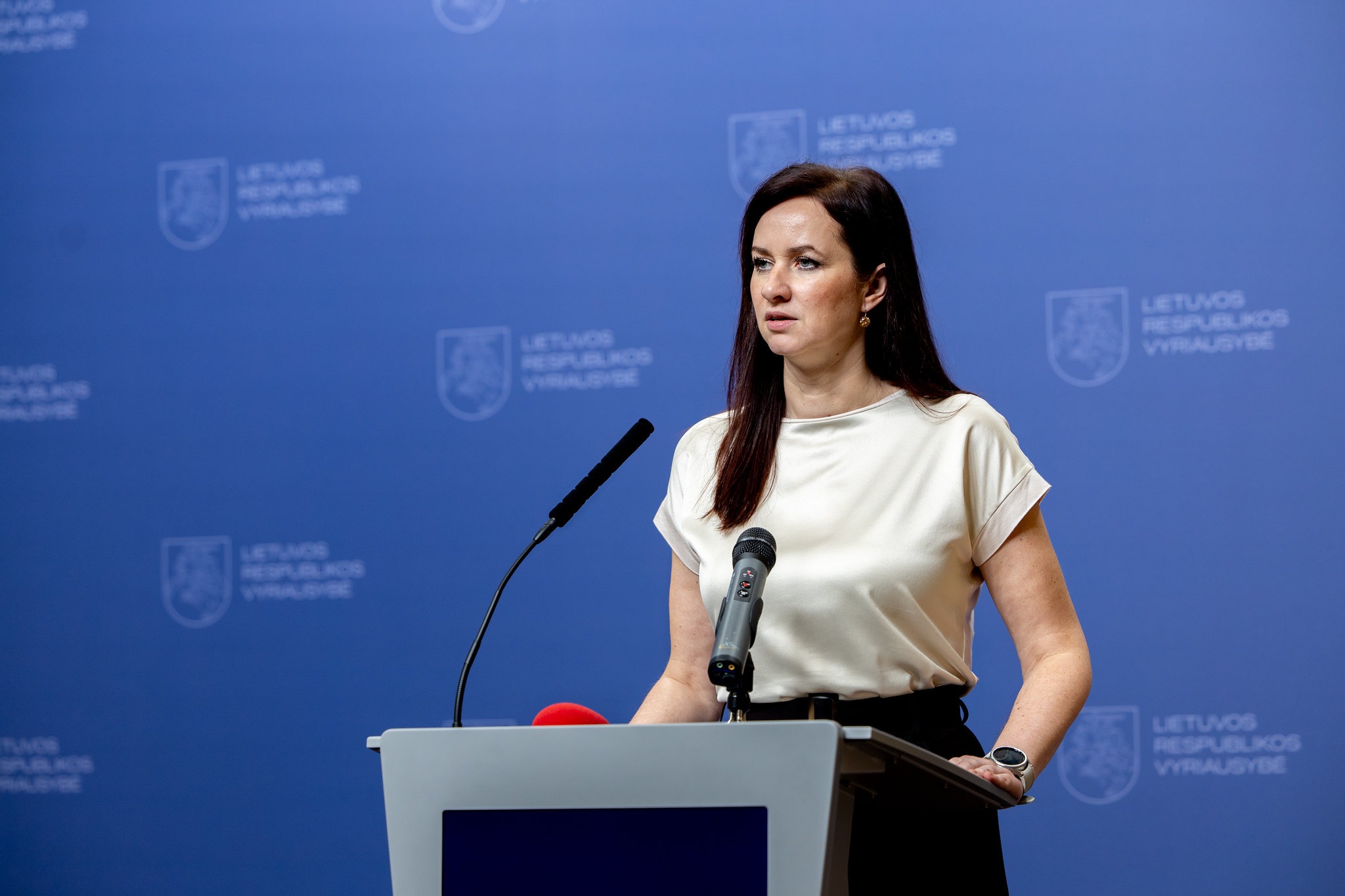
Main narratives:
- Russophobia
- Discrimination against Russian speakers
- Lack of democracy.
Overview:
Pro-Kremlin online commentators have portrayed Estonia’s proposed ban on foreign-language–dubbed films in cinemas as another instance of “Russophobia” and discrimination against the Russian-speaking minority, framing it within a broader campaign to erase Russian language and culture from public life. Several commentators amplified warnings from cinema operators that the measure could force closures in predominantly Russian-speaking regions such as Narva, using these claims to argue that the policy would marginalize and economically harm Estonia’s Russian-speaking community. Across social media and Russian-language outlets, the reform has been depicted as undemocratic, culturally repressive, and driven by Western influence—echoing long-standing narratives of victimization and cultural persecution often employed to discredit the language and media policies.
Another news story that was actively discussed in Russian-speaking social media groups was the cancellation of a concert by Russian singer Kamazz, which was scheduled to take place on October 4 in Narva. The performer has repeatedly expressed his love for Russia and performed in Ukrainian territories occupied by Russia. The cancellation of the concert was announced by representatives of the Ministries of Culture and the Interior. Diana Lorents, Head of the Communications and International Cooperation Department at the Estonian Ministry of Culture, stated that Estonia does not welcome artists who have performed in Russia or Belarus since the start of the full-scale war, as well as those who continue to perform in Russia, in occupied Crimea, or who openly support the Kremlin’s aggressive policies. Some commenters called the authorities’ decision unacceptable, once again stressing the supposed “lack of democracy in Estonia” and the “cancellation of Russian culture.” Notably, some users began to view such restrictions on Russian performers as a kind of “mark of quality” for their work. However, it is worth noting that another part of the commenters supported the actions of the Estonian authorities, stating that organizing concerts by pro-Kremlin artists in Estonia is unacceptable.









